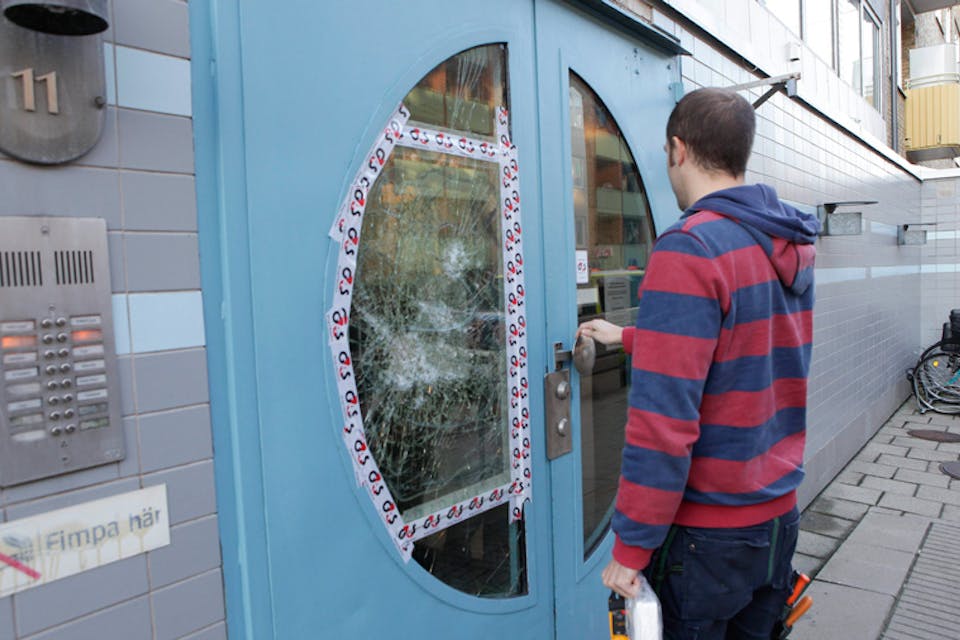
March 18, 2015
Time for Swedish Jews to Leave?
When we ask for guarantees of our safety, we're met with speeches and calls for patience. This is not living.
They canceled Jewish winter camp. It sounds like a little thing, but in Sweden, where we have very few venues in which to lead our Jewish lives, it means a great deal. Winter camp is a yearly highlight, a place where our children can learn and play with other Jewish children, without worry. This year, they won’t be able to go, and for a simple reason—because it’s not safe.
The decision to cancel the camp was a reaction to the terrorist attack in neighboring Denmark, where Dan Uzan, a volunteer security guard outside a Copenhagen synagogue, was shot dead while protecting a bat-mitzvah party in progress inside. The Jewish community in Sweden was already reeling from news of the massacres in Paris a month earlier; with this latest murder, the peril came too close for comfort.
Of course, things did not start with these particular events. In a 2013 survey conducted by the European Union’s agency for fundamental rights, 76 percent of European Jews said that anti-Semitism had increased over the previous five years, and 29 percent said they contemplated emigrating. Perhaps most astonishing, of those who said they had suffered a physical attack, fully two-thirds had chosen not to report it since they were convinced the police would react passively. Since that time, we European Jews have experienced some of our darkest days in over 60 years, from defaced synagogues and cemeteries to riots and assaults on Jews in broad daylight. This past summer, the floodgates opened wider as Israel’s war in Gaza erased any subtle (and largely disingenuous) distinctions that may have existed between anti-Zionism and outright anti-Semitism.